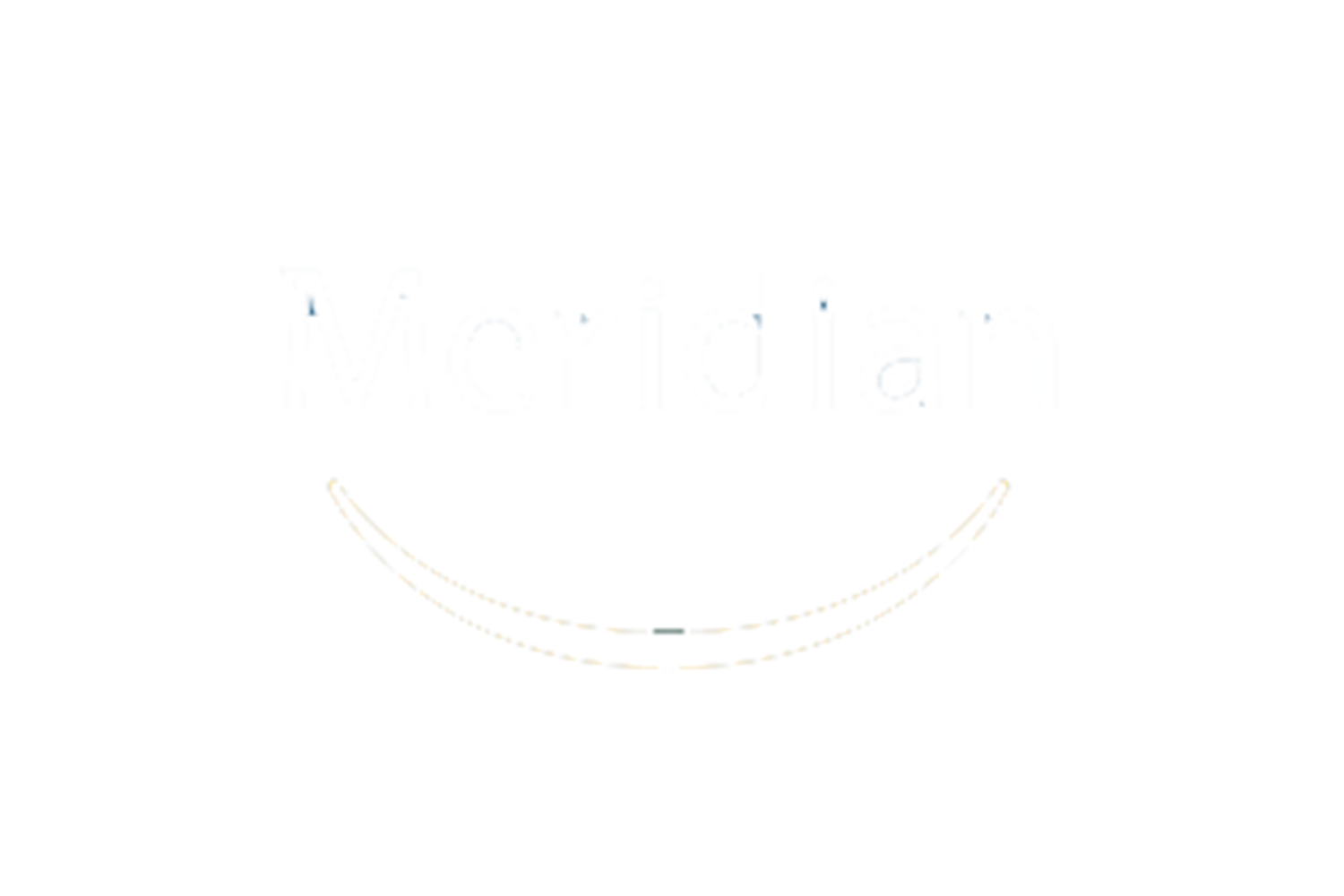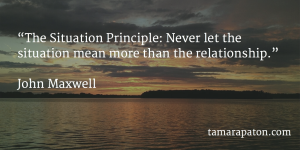

I am leaning into 2017 as a transformative year. The holidays offer an opportunity to recharge, and I’m a slingshot pulling back, ready to release into January.
In late 2015, I wrote about my goal setting process. This year, I’ve simplified things significantly. I’ve drafted a list of things in my personal and professional life that will be true on December 31, 2017. I have scheduled milestones and outcomes in my calendar. And I’ve identified the behaviours that will bring about the necessary change.
I’m definitely not the same person I was when 2016 started. To make that doubly true in 2017, I’ve written my list of winning behaviours in the inner front cover of my journal. Before I turn to a blank page each morning, I’ll note the commitments I’ve made to myself and others.
Everyone ends up somewhere. Few end up somewhere on purpose.
What do you want to be, achieve and stand for this year? And what behaviours will get you there? When I posed these questions to clients and colleagues, a handful of themes emerged. To fuel your reflection, consider 3 questions to help reset your vision for 2017.
How can you view your work as craft?
We often think of craft in the context of visual arts or fine woodworking. It can also take form in the boardroom, as we use a story to influence our peers and create something that didn’t exist previously. Even the act of diligently preparing for a meeting can free us to key off our colleagues in the same way a jazz musician improvises.
Actor Will Smith once spoke about his quest for great achievement.
“You don’t set out to build a wall. You don’t say ‘I’m going to build the biggest, baddest, greatest wall that’s ever been built.’ You don’t start there. You say, ‘I’m going to lay this brick as perfectly as a brick can be laid. You do that every single day. And soon you have a wall.”
Given that our board careers could span decades, it pays to commit to long-term growth in the same way a mason or sculptor views her craft.
How can you invest, take risks and own your goals?
T.S. Eliot once asked, “If you aren’t in over your head, how do you know how tall you are?” The most accomplished among us didn’t drift into their Olympic medals and world-changing non-profit organizations. On your path to a thriving board career, you are no different.
Naturally, we must take action to pursue a bold goal. We disregard conventional limits. We build our networks, communicate our readiness to serve, and ace informational meetings and interviews. We overcome self-doubt and disappointment.
Doing so publicly can feel ballsy and overwhelming. Yet, unapologetically owning our goals is probably the most important driver of success. And it’s not just about us. Steeplechase runner Collier Lawrence understands that her posture and actions can ripple out to others as they contemplate their own future:
“Putting my dream out in the world, only to have it drown in the watery splash of a two footed water pit, hopefully inspired someone to be brave, grit their teeth and do something that might crack their heart and makes their eyes sweat.”
For your sake and others, how can you own your goals more boldly?
What support do you need to accelerate growth?
At this point in your career, you have probably scored the easy wins in your development. Moving beyond the low-hanging fruit requires us to pursue insightful feedback, governance training, and guidance from those who walk ahead us.
In 2016, I invested in a coach to guide my marathon training. She assesses my fitness objectively and compares my current performance to the countless other runners she has supported over the years. My coach knows how to push me beyond what I would choose for myself, and she reminds me to be patient when I chomp at the bit unproductively.
A supportive guide can also help us balance our career on the knife edge of efficient progress and destructive impatience. Certainly, you can piece together advice from various sources and learn from your mistakes. Or you can embrace support from one who has walked, stumbled and ultimately succeeded on the same path. (Those leaning towards the latter may wish to consider this.)
Most people won’t change anything in the next year. Don’t be most people. Take the time to reflect on your craft, set and own big goals, and seek the support you’ll need to succeed.
And be sure to keep me posted. We are all in this together.
Thank you for reading! If you found this post useful, please click the “like” button on LinkedIn and/or share it with others in your network. Doing so helps my work reach others and would mean so much to me.








